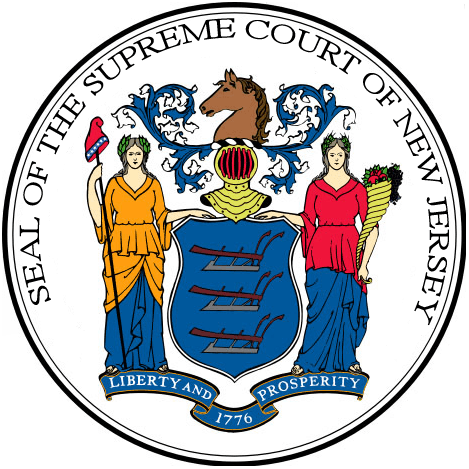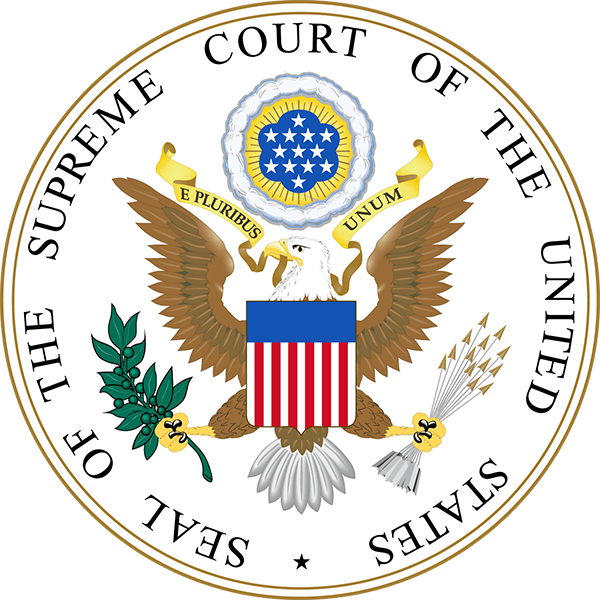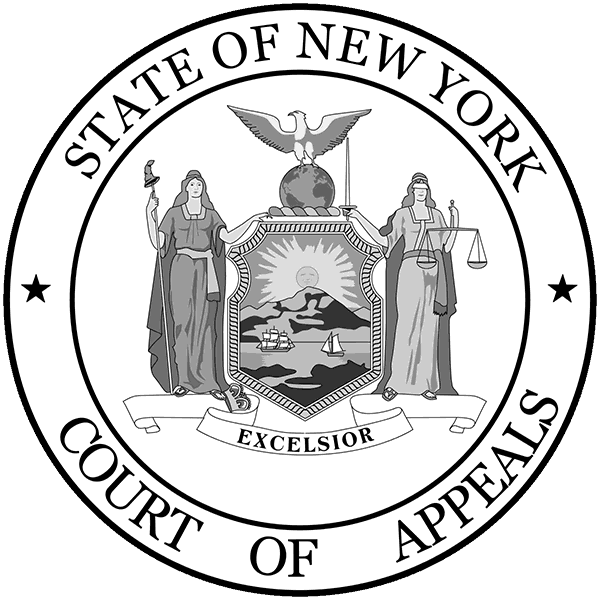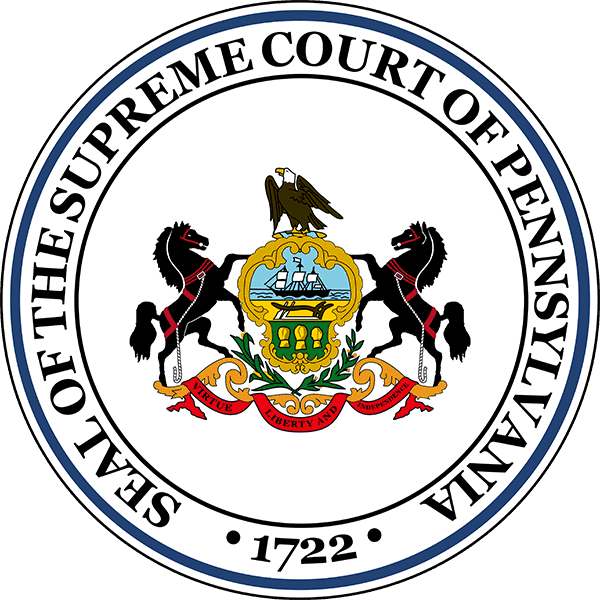Mail and Wire Fraud
New Jersey Mail Fraud and Wire Fraud Lawyers
New Jersey Mail Fraud and Wire Fraud Lawyers
Perhaps the most expansive of the tools available to the federal prosecutors are the mail and wire fraud provisions.
The mail fraud statute, originally enacted in 1872, sets forth the broadest requirements of (1) a “scheme to defraud,” and (2) a use of the mails “for the purpose of executing” the scheme. The federal wire fraud statute, enacted in 1952, mirrors the language of the mail fraud statute and proscribes the use of interstate television, radio, or wire communications in furtherance of a fraudulent scheme. The breadth of these provisions derives not only from the sweeping nature of the statutory language, but also from the liberal construction applied to this language by the courts. In the annals of the decisions interpreting the scheme to defraud provision are widely divergent approaches; some courts have attempted to narrow the definition while other courts have insisted that no definition is needed.
The majority of jurisdictions have thus adopted a broad view of the scope of the mail fraud statue, including within its reach a remarkable array of schemes. The courts have construed the statute to:
“Cover not only the full range of consumer frauds, stock frauds, land frauds, bank frauds, insurance frauds, and commodity frauds, but [also] . . . such areas as blackmail, counterfeiting, election fraud and bribery.”
Equally expansive has been the view of what constitutes a mailing “for the purpose of executing” the scheme. In the end, the only schemes which fall outside the scope of these statutes are those in which the mails were not used, or were wholly “incidental to” or not “in furtherance of” the scheme.
How Can We Help You
Scheme to Defraud
The crux of the mail fraud charge is the “scheme to defraud” in furtherance of which the mails are allegedly used. The statute states only that it must be a “scheme or artifice to defraud.” In enacting this statute, Congress made clear its intention that the term be given a broader and more flexible interpretation than the technical definition applicable to common law fraud. The drafters declined, however, to offer any definitions of their own. It was simply left to the courts to carve out the shape of this element of the “scheme to defraud.”
A scheme to defraud, in broadest terms, involves the defendant’s “misrepresentations or omissions reasonably calculated to deceive persons of ordinary prudence and comprehension. There exists an array of means by which to accomplish a scheme to defraud: the proof need not include false misrepresentations. A violation of the mail fraud statue can also occur when the defendant fails to disclose certain facts when dictated to do so by fiduciary and other duties, or when the defendant conceals the facts through false and fraudulent pretenses.
The wire fraud statute was originally directed at fraud by radio. Today the wire fraud statute, but its terms, extends to computers, radio, television, telephone, telegraph and any other conceivable wire communications.
The gravamen of a wire fraud offense is devising or intending to devise any scheme or artifice to defraud, or for obtaining money or property by means of false or fraudulent pretenses or representations through the use of interstate wire.
Mr. Schwartz represented me in a domestic violence case. His cross-examination of the “victim” shows that she was a total liar. The judge dismissed the case against me. David did a fine job for me. I recommend him to anyone.
Have You Been Charged with a Crime?
______
Give Us A Call
(732) 544-1460
How Can We Help You
Mr. Schwartz represented me in a domestic violence case. His cross-examination of the “victim” shows that she was a total liar. The judge dismissed the case against me. David did a fine job for me. I recommend him to anyone.
Have You Been Charged with a Crime?
______
Give Us A Call
(732) 544-1460








